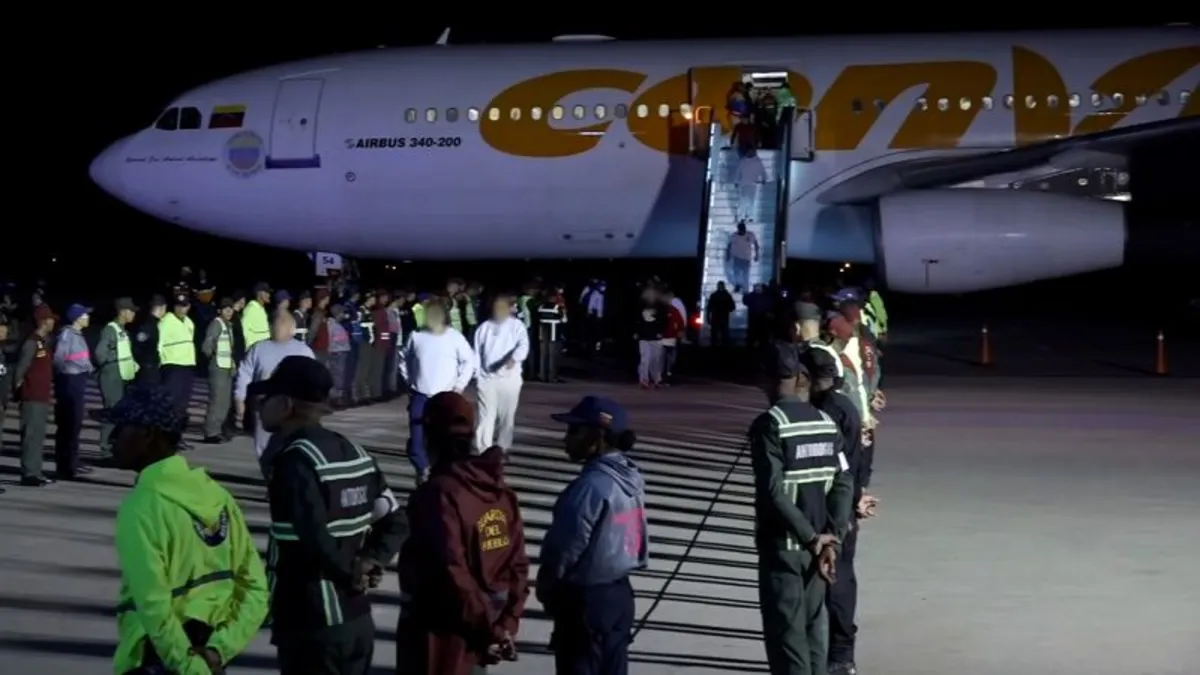
On Monday, the Supreme Court delivered a significant victory for President Donald Trump by allowing the enforcement of the Alien Enemies Act. This ruling empowers immigration officials to utilize a broad wartime authority that facilitates the rapid deportation of individuals identified as alleged gang members. The unsigned decision marks one of the most closely monitored emergency appeals currently under consideration by the Supreme Court.
The Alien Enemies Act, originally enacted in 1798, grants the President the power to expedite the removal of individuals from the country during times of war. By permitting Trump to invoke this law, the court allows for the swift deportation process to continue while legal challenges surrounding the act unfold in lower courts. Importantly, the court emphasized that individuals facing deportation must be informed of their status under the act and be provided with an opportunity to have their removals reviewed.
The ruling saw dissent from the court's three liberal justices, alongside a partial dissent from Justice Amy Coney Barrett, who is part of the conservative wing. Trump's appeal was framed as a broader struggle over judicial authority, specifically in response to a ruling by US District Judge James Boasberg. Boasberg had temporarily blocked the president from enforcing the Alien Enemies Act against five Venezuelan nationals who filed a lawsuit, as well as against a wider group of individuals who could potentially be affected by the act.
By granting the president's request, the Supreme Court has effectively nullified Judge Boasberg's orders. However, it is crucial to note that the court's unsigned order stipulates that officials are required to provide adequate notice to migrants who are subject to the Alien Enemies Act. This notice is intended to ensure that individuals have sufficient time to file habeas complaints challenging their removals.
Attorneys representing the affected migrants have raised serious concerns regarding the government's expedited removal processes under the act, arguing that it often leaves individuals with little to no opportunity to file legal claims. The justices acknowledged this issue, stating, “The notice must be afforded within a reasonable time and in such a manner as will allow them to actually seek habeas relief in the proper venue before such removal occurs.” They further asserted that “the detainees subject to removal orders under the AEA are entitled to notice and an opportunity to challenge their removal.”
As this legal situation continues to evolve, CNN has reached out to the White House for further comment regarding the implications of this ruling. This story will be updated as more information becomes available.